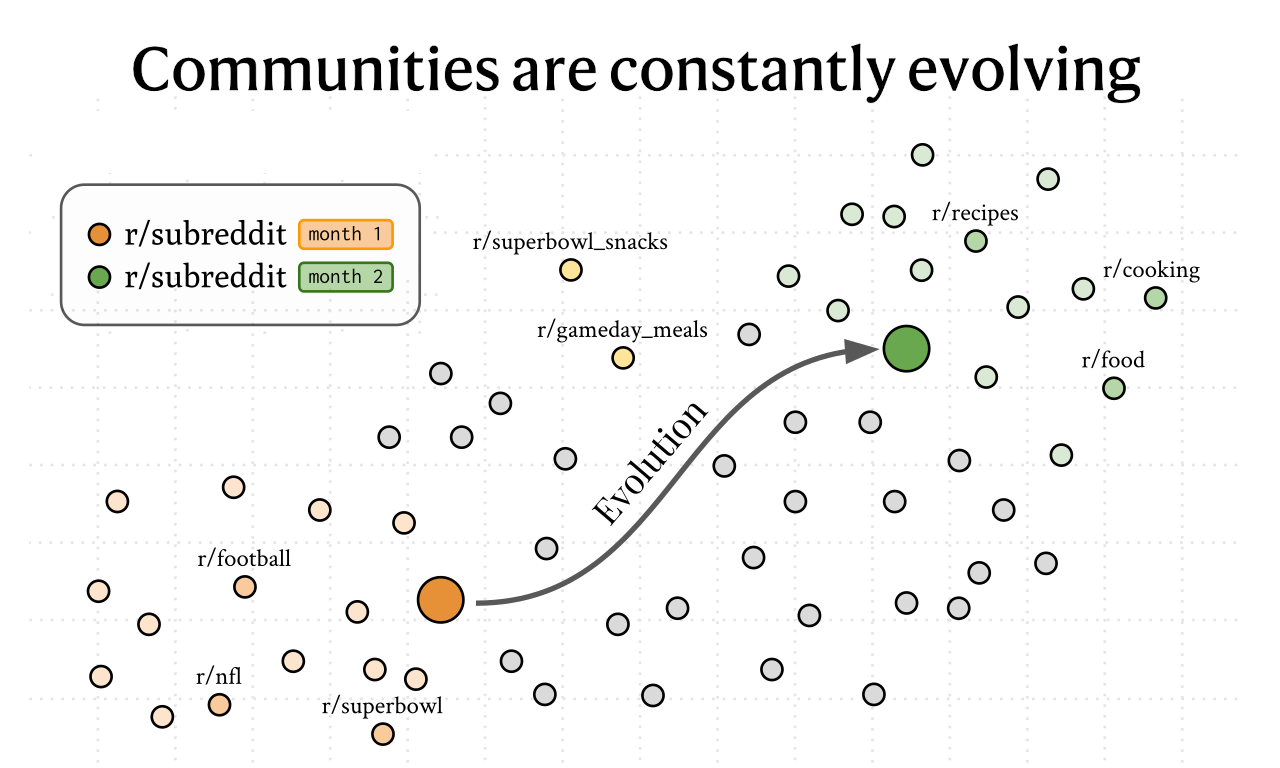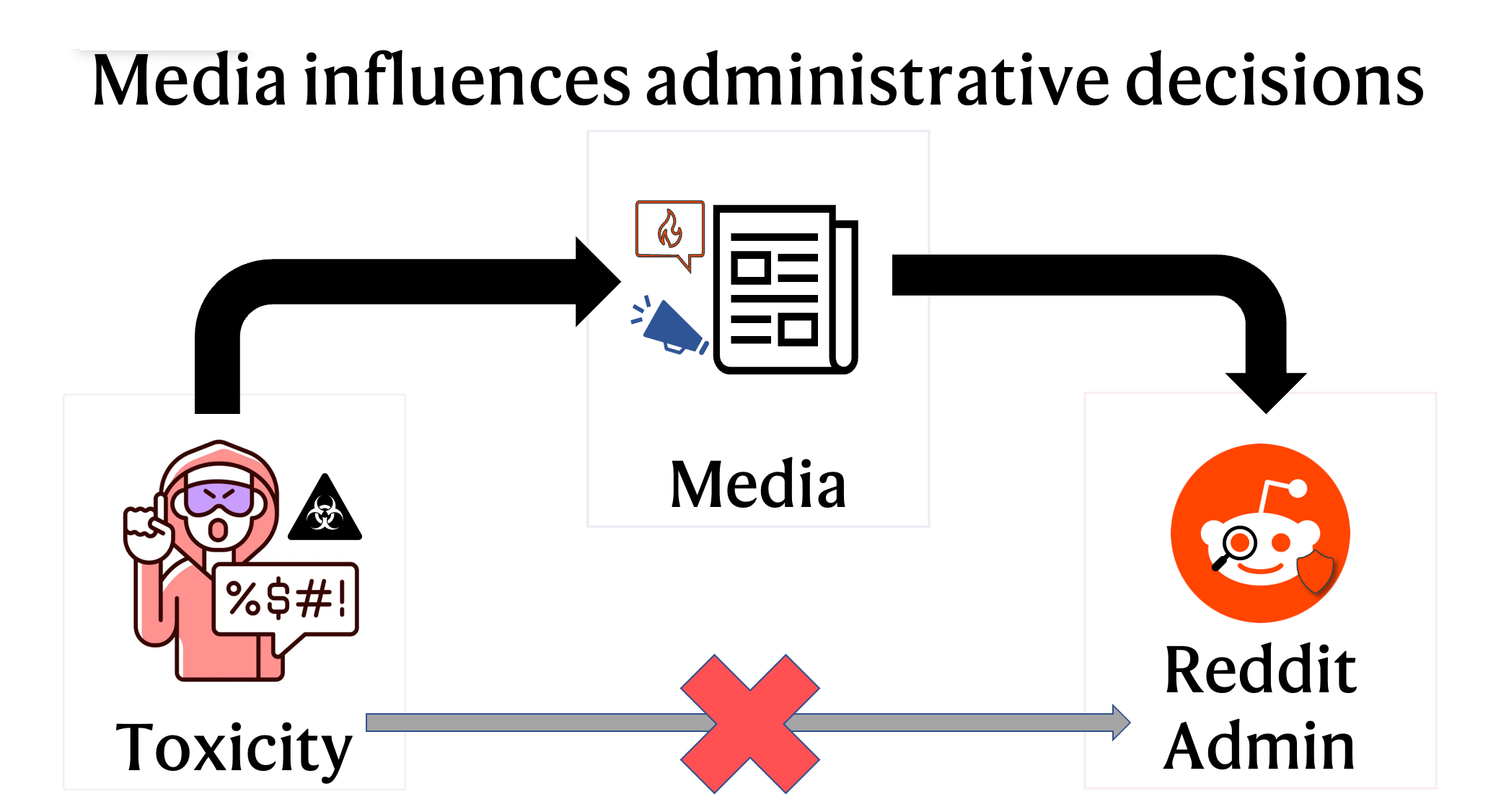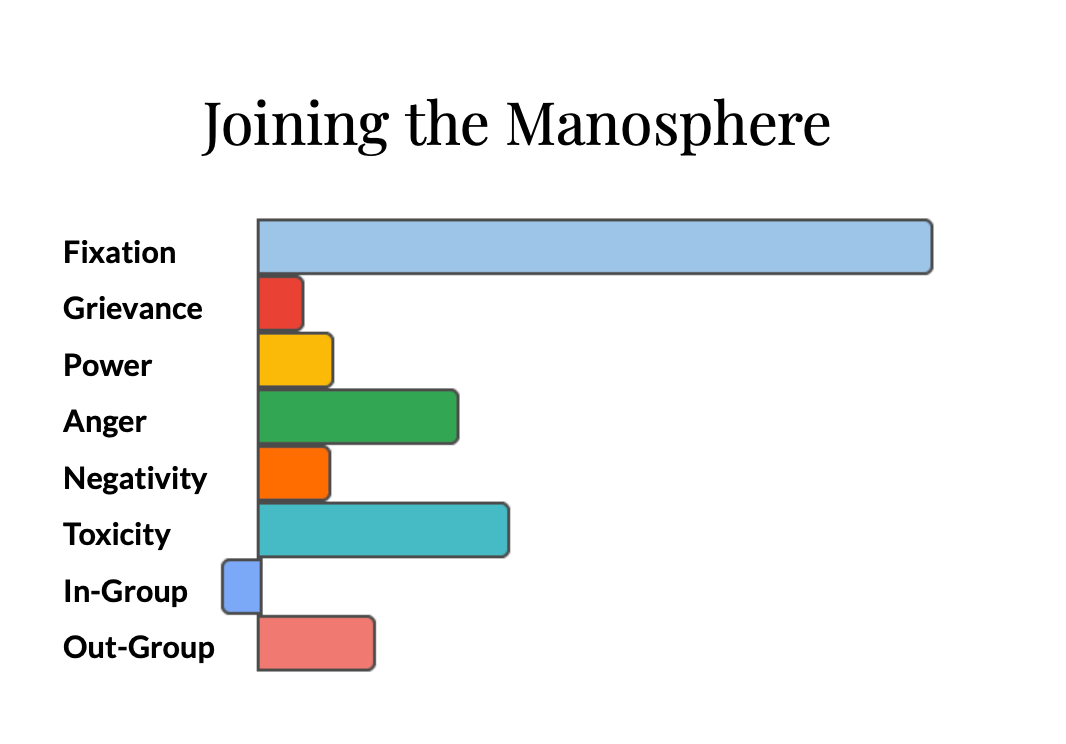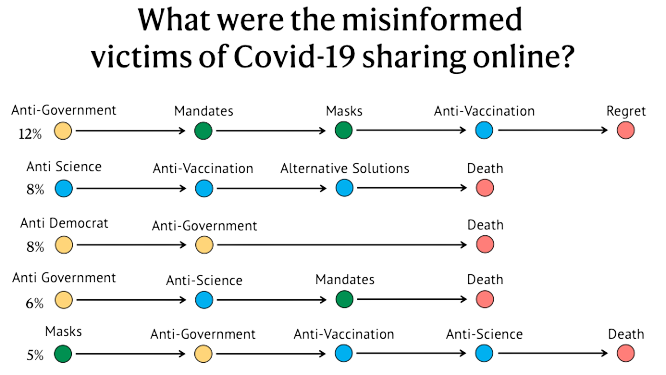Auditing Information Seeking: User's beliefs & attitudes influence Google Search results. | Submitted 23
Hussam Habib, Ryan Stoldt, Andrew High, Brian Ekdale,
Ashley Peterson, Katy Biddle, Javie Ssozi, Rishab Nithyanand
Modern information seeking processes are often mediated by
search engine.
In this work, we find Google Search to
present different results on abortion depending on the
user's attitudes towards abortion. The vocabulary use
to write their queries and their search history
act as powerful implicit signals that influence the search results.
To Act or React: Investigating Proactive Strategies For Online Community Moderation | ICWSM 22
Hussam Habib, Maaz Bin Musa, Fareed Zaffar, Rishab Nithyanand
Community-level moderation for Reddit and similar platforms is a complex task. Our analysis show that subreddits are constantly changing and therefore timely interventions are prohibitively expesnsive because of the scale. To address this issue, we propose a flagging tool which aids administrators by flagging subreddits that exhibit similarly problematic behavior as seen in previously banned communities .
Reddit and the Fourth Estate: Exploring the magnitude and effects of media influence on community level moderation on Reddit
| ICWSM'22
Hussam Habib, Rishab Nithyanand
Studying the inconsistencies in Reddit's community-level interventions we observe that negative attention from media towards a subreddit is significantly more likely to result in a ban of a subreddit than high levels of toxicity within the community. Our results conclude that Reddit's incentives for banning a community are primarily to maintain an image of a civil platform (reactively) . Measuring whether these misaligned incentives effect the effectiveness of interventions -- we see media attention can at times exacerbate and promote problematic behavior.
Making a Radical Misogynist: How online social engagement with the Manosphere influences traits of radicalization
| CSCW'22
Hussam Habib, Padmini Srinivasan, Rishab Nithyanand
Online radicalization has been observed to be one of the significant dangers of social media. By measuring users levels of radicalization, we identify online triggers that lead to misogynistic radicalization. We focus entirely on fundamental engagement events and measure their impact on user's behavior. Our findings from a randomized treatment-control experiment show that participation in problematic communities, interaction with radical users and social status in a platform can influence significant increase in problematic behavior .
The Morbid Realities of
Social Media: An Investigation into the Misinformation
Shared by the Deceased Victims of COVID-19
| ICWSM'23
Hussam Habib, Rishab Nithyanand
We investigate the misinformation shared by the deceased
victims of Covid-19. Using a crowdsourced dataset of
screenshots of Facebook posts shared by victims of Covid-19
with anti-vaccination and covid denial beliefs.
We find Covid-19 narratives to be politicized,
being sourced from biased and uncredible sources, and shared
by right-winged political personalities. Results
from this study bring insights into the responsibility of
political elites in shaping public discourse and the
platform’s role in dampening the reach of harmful
misinformation.




